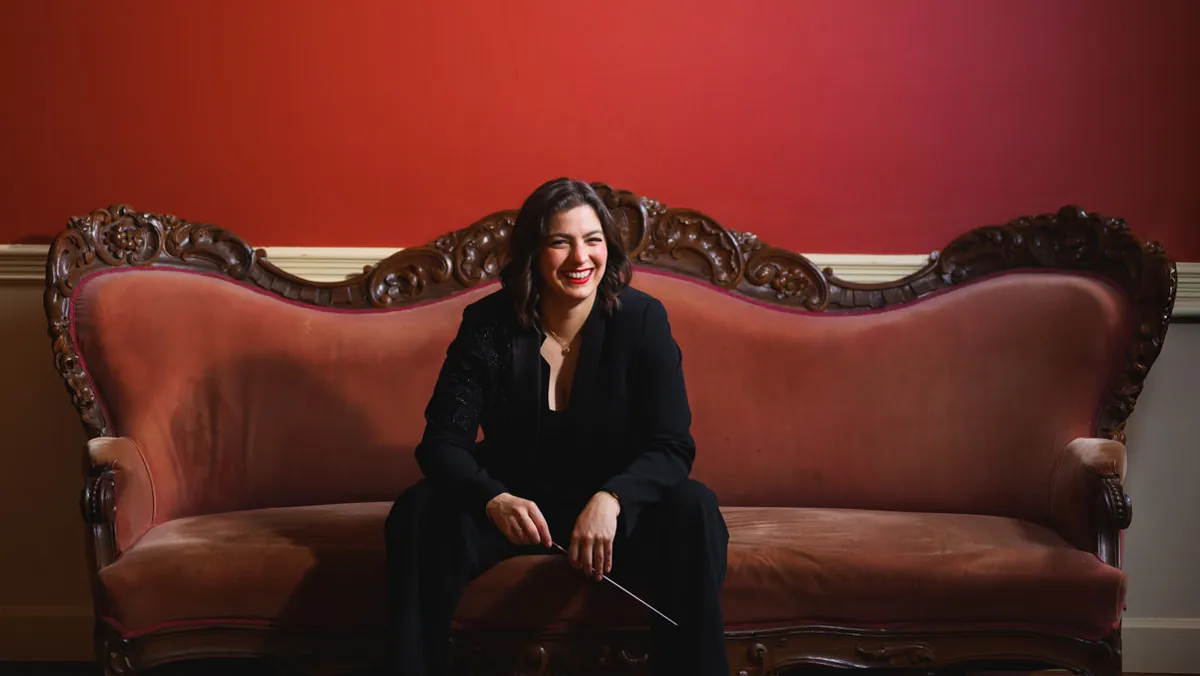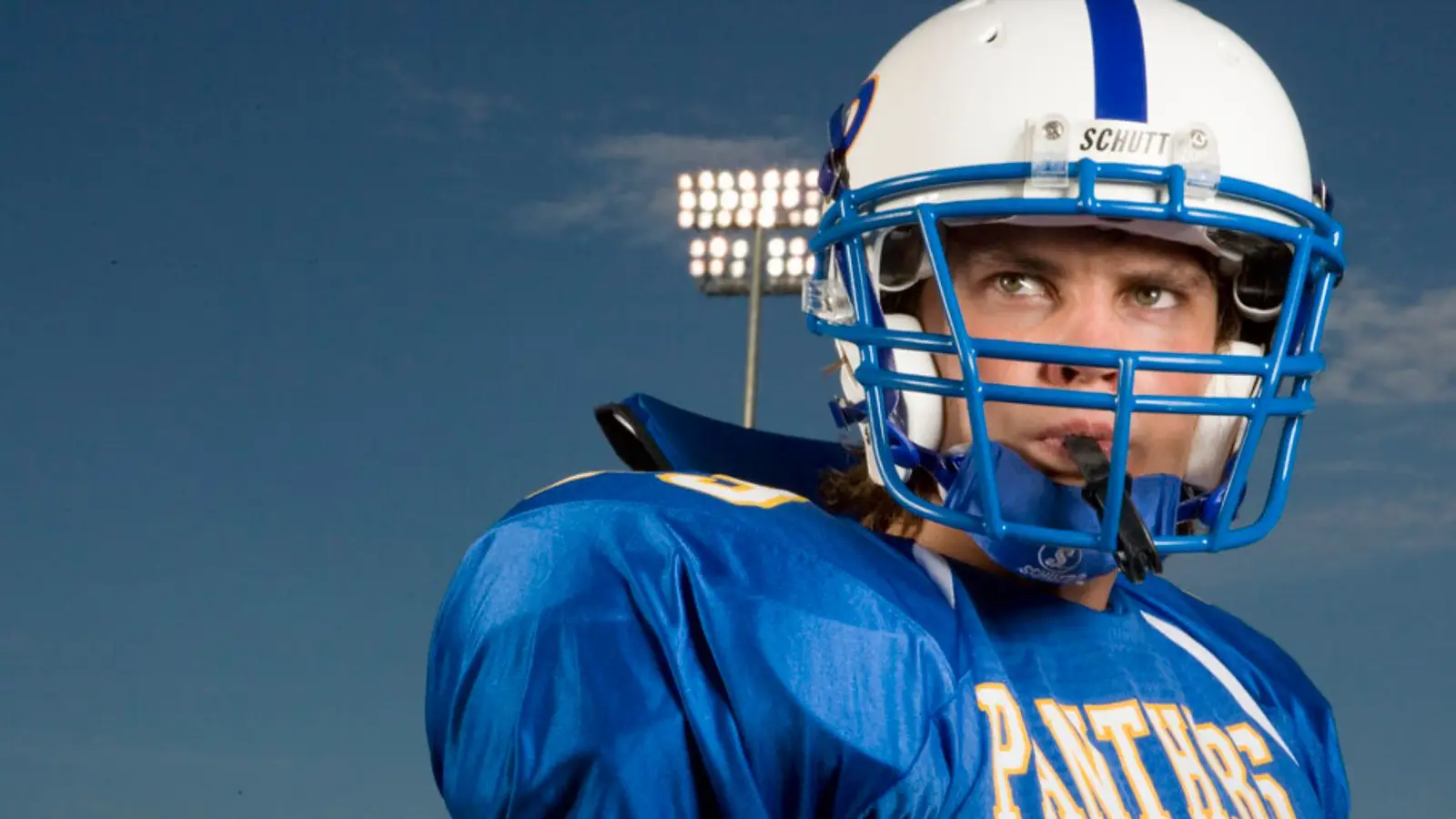
When the Delaware Symphony Orchestra’s earliest incarnation began in the early 1900s, America was in the midst of profound change.
Theodore Roosevelt was in the White House, the Wright brothers were testing fragile machines in North Carolina, and the du Pont’s mills and factories along the Brandywine were humming with the sound of modern industry. In those years, optimism and invention were in the air, and in Wilmington a group of musicians gathered at Hagley’s community house and Swamp Hall to create something that would outlast them all: an orchestra.
There is something revealing about the fact that, in an age of such disruption, people still felt compelled to make music together. They weren’t simply filling their evenings with diversion. They were building a community. Music, then as now, was a way of saying: Even in a restless world, we can stop, listen and be human together.
One hundred and twenty years later, the Delaware Symphony Orchestra is still here, the inheritor of that impulse. It is Delaware’s only fully professional orchestra, and it has endured not because it is immune to change but because it has learned to embrace it. Every generation has asked new questions of this orchestra: How do we reflect our community? How do we stay faithful to tradition but open to new voices? How do we remain relevant in a culture that moves at breakneck speed?
This season, the DSO begins yet another chapter. After an international search, the orchestra welcomes Michelle Di Russo as its sixth music director. She is young, dynamic, Argentinian-Italian, and radiates the kind of energy that orchestras, like communities, need if they are to flourish.
A music director today cannot just stand on the podium and cue the trumpets. She has to be a leader, a communicator, a cultural ambassador. She has to be able to connect with audiences in the concert hall and in the neighborhood, with musicians in rehearsal and with students in a classroom. Michelle understands this instinctively – and she brings a warmth and vitality that embody it.
The programs she will lead this year reflect both continuity and boldness. The season opens Oct. 10 with a concert that moves from Gabriela Ortiz’s contemporary Antrópolis to Rachmaninoff’s titanic Third Piano Concerto and Tchaikovsky’s searing Fourth Symphony. Later comes Beethoven’s Eroica, Stravinsky’s Firebird, Ravel’s La Valse, and works by living composers like Camille Pepin, Lowell Liebermann and Carlos Simon.
More Open Call: City Theater Company continues to defy expectations in Delaware
For families, there is something new: a Family Concert meant to welcome the next generation of listeners into the world of live symphonic sound. And for those who grew up on movie theaters and television rather than concert halls, a full evening of sci-fi music – from “Star Trek” to “Interstellar.”
What does it mean to have an orchestra carry on for 120 years? It means that a community has decided, again and again, that beauty matters. That amid the churn of politics and the stress of daily life, we need places where we can sit side by side, listening not to pundits or politicians but to violins and clarinets. It means we still believe, as those first Wilmington musicians did, that music and art enlarges us.
The Delaware Symphony Orchestra’s mission is simple: to enrich lives through inspiring performances and to unite Delaware through music. At a time when division can feel easier than connection, that mission becomes not just a statement of purpose but a reminder of what the arts are for.
Musicians of the DSO, the leadership of Michelle Di Russo, and the tradition of 120 years are here because the community has sustained them. They belong to Delaware. The invitation this season is the same as it was in those early days: come, listen, be part of something larger than yourself.
J.C. Barker is chief executive officer of the Delaware Symphony Orchestra.
Open Call



